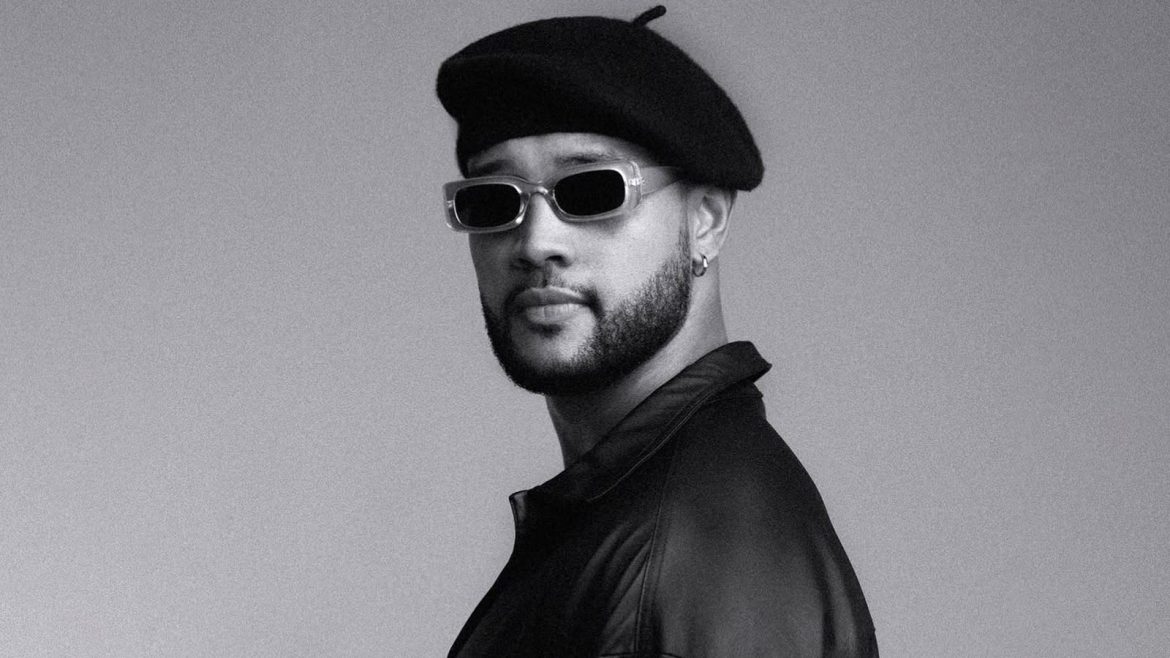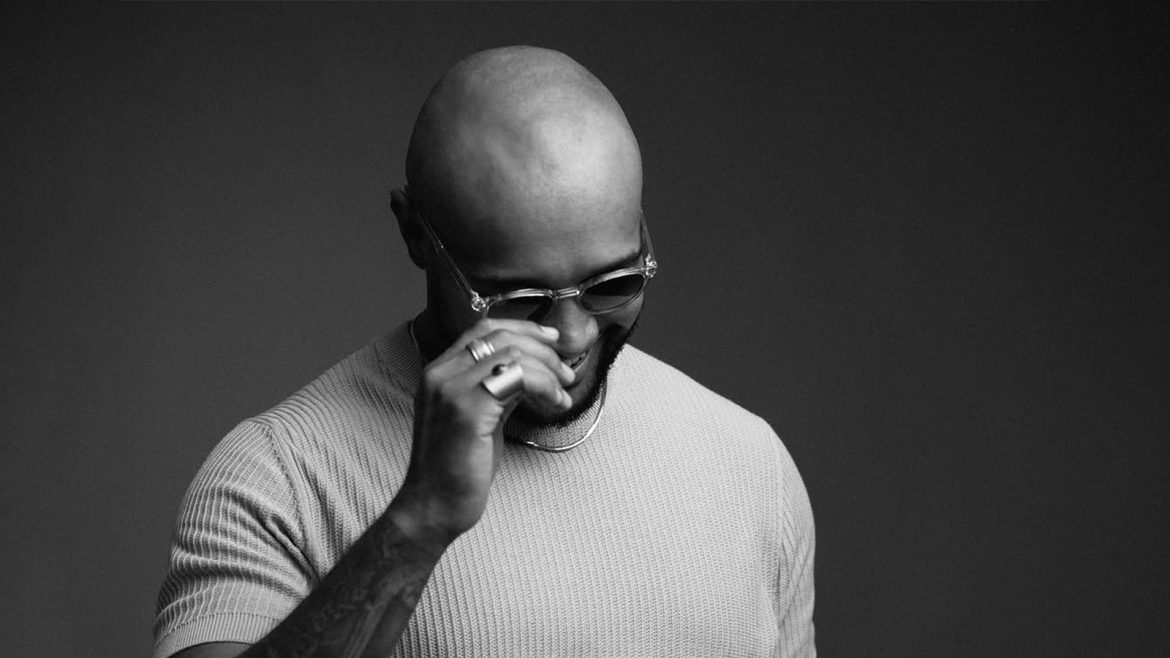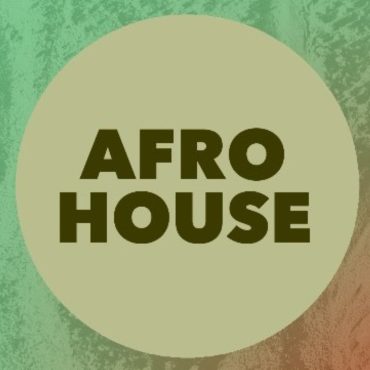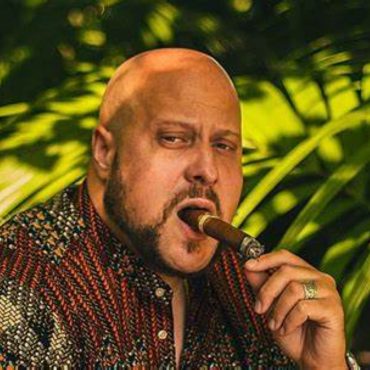chevron_left
-
play_arrow
Drums Radio Drums Radio

share
close
Authenticity Over Aesthetics
The Pitfalls Of Afro House's growing Popularity
Afro-house, a genre born out of African roots and rhythms, has rapidly gained global popularity, becoming a musical bridge between continents. However, as its fame grows, so do concerns about its authenticity and the true representation of African culture.
Afro-house DJ and producer Elmukuka recently voiced his worries about how the genre is evolving, particularly the casual incorporation of African languages and chants into songs. His critique echoes a sentiment that is gaining traction in the Afro House community—are artists more focused on producing chart-topping hits than preserving the rich, cultural significance embedded in their music?
Elmukuka’s concern lies in the careless use of African chants and languages in songs. Rather than thoughtfully integrating these elements into the music, many producers and artists are using them for aesthetic purposes, without understanding their meaning or cultural significance. It’s a phenomenon that threatens to dilute the very essence of Afro-house, turning it into a trend rather than a genuine celebration of African heritage.

While it is undeniable that Afro-house has gained a global audience and allowed African culture to reach new heights, it’s essential to remember that cultural appropriation and oversimplification of traditions do not serve the culture well. When artists incorporate chants or languages simply because they sound “cool” or “exotic,” they risk perpetuating a misrepresentation of the African identity. African languages, rhythms, and rituals have deep histories, with each chant and beat carrying specific meanings. To borrow them without understanding their context undermines their significance and could even lead to the erosion of cultural practices that have been passed down through generations.
Elmukuka isn’t the only one who has raised concerns about this. In 2024, Afro-house producer Boddhi Satva also pointed out the flaws in the genre, focusing on the importance of authentic percussion and drum patterns that truly reflect African sounds. It seems the consensus among some of the genre’s pioneers is that Afro-house, in its current state, risks losing touch with its roots. While this genre was initially crafted to celebrate and amplify African music, its rapid global expansion is overshadowing the very elements that made it unique.

There is a fundamental difference between embracing a culture and merely borrowing from it for commercial gain. Yes, it is encouraging to see artists from around the world embracing Afro-house. In fact, its global reach is a testament to the universal appeal of African music and culture. But with this broader influence comes a responsibility to engage with the genre and its traditions in a meaningful way. Creating music that is authentic, well-researched, and culturally aware is not just a matter of respecting the genre’s roots—it’s about upholding the integrity of the culture it represents.
The key to preserving Afro-house’s authenticity lies in the delicate balance between innovation and respect for tradition. Artists can experiment and push boundaries while still maintaining a deep respect for the cultural origins of the genre. But this requires more than simply slapping an African chant onto a track or using a rhythm for the sake of trendiness. It requires research, understanding, and a genuine desire to preserve the stories and practices that make Afro-house so powerful in the first place.
At the end of the day, the pursuit of a hit song should never come at the expense of the message behind the music. Afro-house was created to reflect African culture, not to be stripped of its identity in the quest for global recognition. If we truly want to honor and represent African music and traditions, we must approach it with care and integrity, ensuring that what we create today respects the voices of those who came before us.
Written by: Hope Thobs
African music African traditions Afro House Afrohouse authentic music Boddhi Satva cultural integrity cultural preservation Elmukuka global reach Kenya South Africa Zambia
Rate it
Similar posts
Copyright © 2024 Drums Radio | By RUDE






